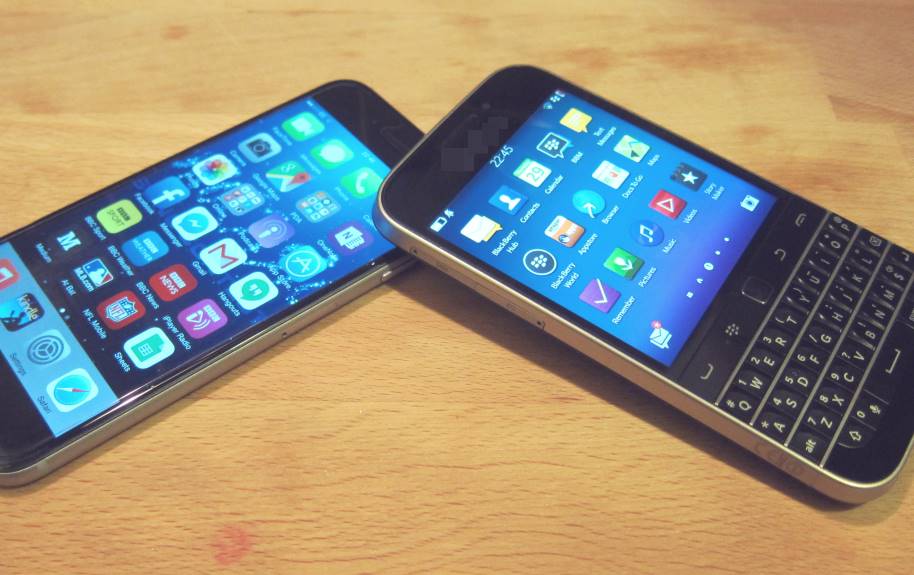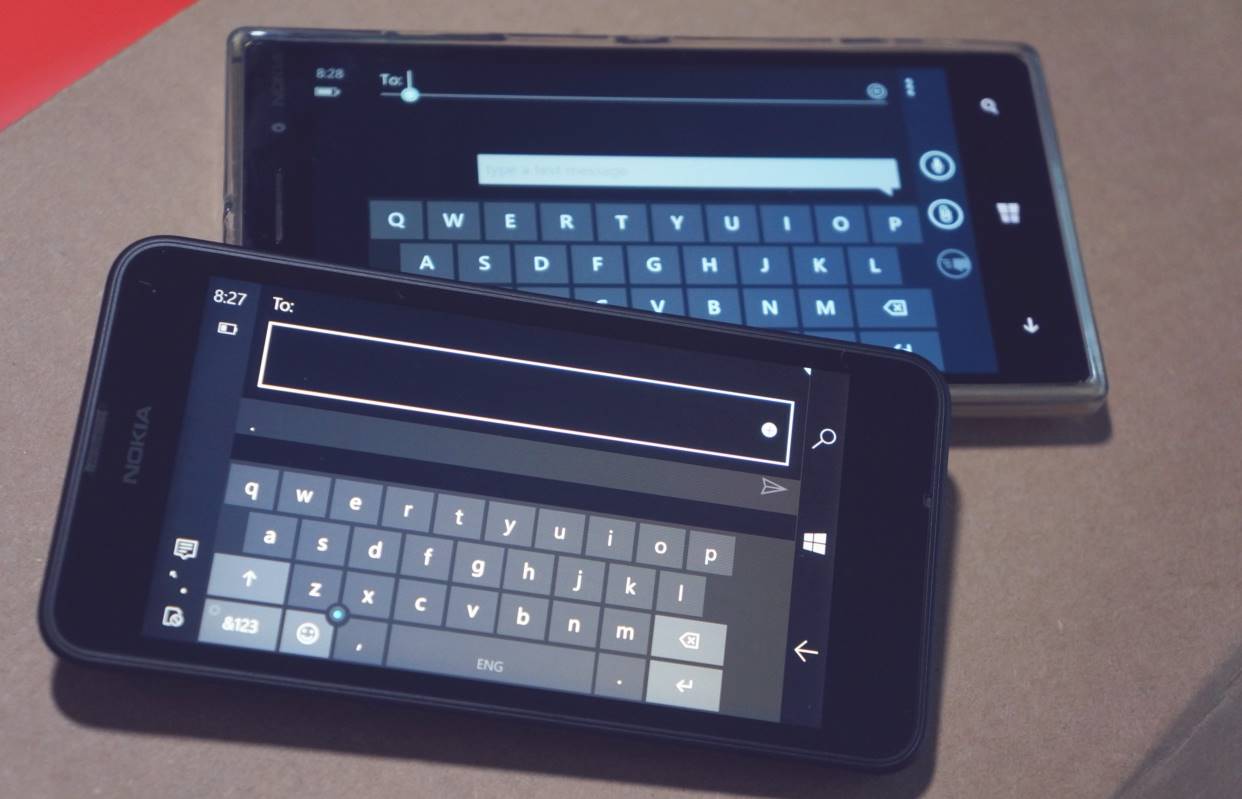We agree that nowadays many people choose mobile phones because the “guy or guy” has one, as a friend has already told me - “A lot of people have iPhone but only stay on Whatsapp, make and receive calls, no more than that” , on the one hand: It is obvious that telephones (the most up-to-date) are not just for what he described and have many more features, but on the other hand, the choice of the end user must not be left aside, each one uses what he can when well understand, article - tips for choosing a phone - it serves to help you who already have one but intend to exchange it, and by drag to make a better choice, or even help those who want to offer a new phone.
1 - Keyboard or touch screen?

We can say that there are two categories of phones (smartphones): those that only have a wide screen and touch; and devices that have a smaller screen, but offer a keyboard with buttons for letters, symbols and numbers. Everything, in fact, is a question of taste. However, if you intend to use the device primarily to enter texts, such as answering e-mails, creating prompts and taking notes, telephones with keyboards are often more appropriate.
If, however, you don't have so much need to type on the phone, touchscreen devices may be more suited to your needs. Devices of this type allow quick access to the features offered with simple touches on the display, for example, applying zoom effects on images and moving from one song to another with a simple drag of the fingers on the screen.

But of course, there are also devices that bring together the best of the “two worlds”: In most cases, the keyboard is attached to the rear of the device, and must be slid to gain access. This type of device is very interesting, but for some people it can present two possible disadvantages, depending on the model: greater thickness and slightly longer length. Ex: The Priv
2 - Operating system (OS / OS)
As important as the device itself is its operating system. It is recommended to use known platforms, as these have better support and also with a wider range of applications. The best known and recommended systems are (in random order): iOS (iPhone),BlackBerry, Symbian, Android e Windows Phone. The first two are exclusive to its developers, ie iOS is only used on Apple devices, and BlackBerry only on RIM devices.
In turn, both Android and Windows Phone can be implemented on devices from different manufacturers, as long as certain requirements are met. Both are also suitable for devices with a touchscreen, but the similarities end there: Android is an open project, therefore subject to change. This means that the implementation of this system may vary from device to device. In the case of Windows Mobile / Phone, there is a more demanding standardization, making the functionalities of the system remain practically the same even on different smartphones. In most cases, the more recent the version of the operating system, the better the user experience is. Don't forget to pay attention to whether the device you are interested in offers a good range of applications.
3 - Battery life
It's no use having a feature rich phone if you need to recharge the device battery very often. The manufacturer often reports that the device's battery lasts for several hours, but it does not make it clear that this happens only in situations where little of the device is required. Therefore, it is important to search the internet or friends who have the smartphone in question for how long the battery lasts.
As you cannot expect “miracles” in this regard, since the industry has yet to create “powerful” batteries, make sure your phone allows you to easily exchange this item. So, if you are a user who depends a lot on the phone, you can buy an extra battery to avoid the risk of leaving the device unusable due to lack of charge.
Part 2 of the article on the way, stay tuned.







